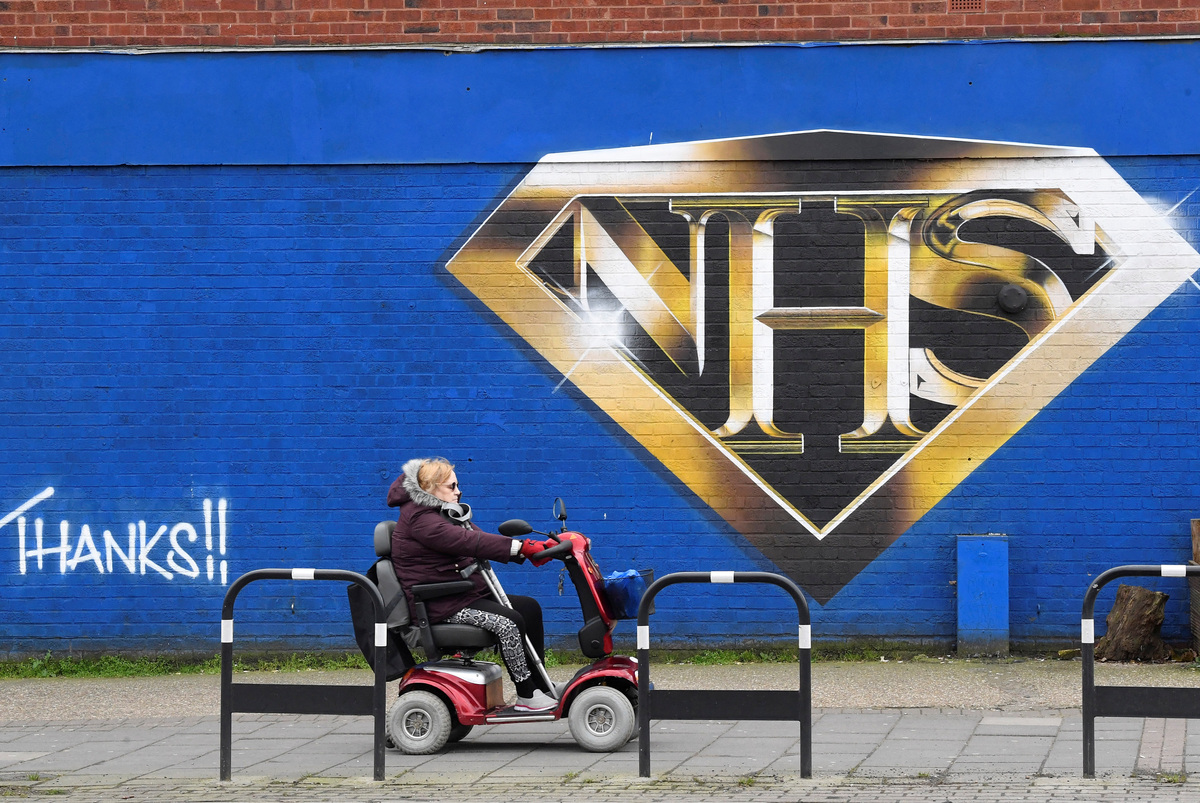
More than half a million healthcare workers and teachers in Britain will be given a vote on strike action over pay, unions said on Thursday, adding to the challenges facing Prime Minister Rishi Sunak as he tries to get to grips with an economic crisis.
With inflation hitting more than 10%, discontent among the labour force has multiplied as wage increases fall behind the rising price of food and fuel. From bin men to barristers, workers representing a broad range of sectors across the country have walked out in protest in recent months.
Those problems could be about to reach the politically sensitive and publicly funded National Health Service (NHS), after union Unison said it would ballot 350,000 workers.
"The NHS is losing experienced staff at alarming rates. Health workers are leaving for work that pays better and doesn't take such a toll on them and their families," Unison General Secretary Christina McAnea said.
The union is seeking what it called an "inflation-busting pay rise".
In the education sector, NASUWT said it was balloting roughly 162,000 workers in schools and colleges on industrial action for the first time since 2011.
"It is unacceptable that teachers are being forced to work longer and harder than ever - but are being rewarded less and less in real terms," Patrick Roach, NASUWT General Secretary, said.
In his first speech as prime minister on Tuesday Sunak named a "stronger NHS" and "better schools" among his top priorities, but at the same time warned that fixing the public finances will require difficult decisions on spending.
A spokesperson for the government's health department said over a million NHS workers were being given a pay rise of at least 1,400 pounds ($1,617.98) this year, in addition to 3% last year.
"We urge them to carefully consider the potential impacts on patients," the spokesperson said.
($1 = 0.8653 pounds)
(Reporting by Muvija M, Editing by Paul Sandle)







